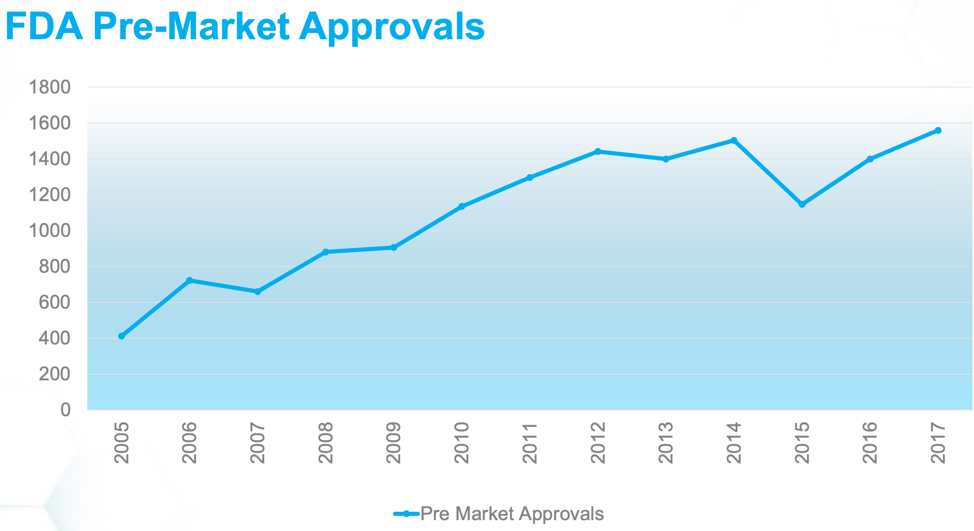
@ShahidNShah


U.S. healthcare spending alone is larger than the gross domestic product of most nations. Total health spending in the U.S. was $3.5 trillion in 2017 and is projected to grow by an average of 5.5 percent annually from 2017 to 2026. If all U.S. healthcare spending was separated into its own sovereign nation, it would constitute the fifth largest economy in the world. Much of those healthcare dollars is spent on the costs of cardiovascular disease, which surpassed both Alzheimer’s disease and diabetes with a cost of $318 billion in 2015. That number is projected to more than double to $749 billion in 2035.
These skyrocketing costs have a big impact on consumers, with premiums increasing by 74 percent from 2007 to 2017. During that same period, employer contributions increased by an average of 48 percent. The impacts are also being felt by hospitals and providers.
Continue reading at healthcatalyst.com
The field of digital health, and its meaning, has evolved rapidly over the last 20 years. For this article we followed the most recent definition provided by FDA in 2020. Emerging solutions offers …
Connecting innovation decision makers to authoritative information, institutions, people and insights.
Medigy accurately delivers healthcare and technology information, news and insight from around the world.
Medigy surfaces the world's best crowdsourced health tech offerings with social interactions and peer reviews.
© 2025 Netspective Foundation, Inc. All Rights Reserved.
Built on Apr 25, 2025 at 12:44pm